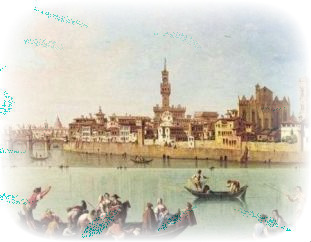


|
|||||||||
|
|
 |
more hugs less fights iphone caseSKU: EN-E10252
more hugs less fights iphone caseMy CNET colleagues travelling through Europe saw the the refugee crisis firsthand. They took photos with children, sat in tents, heard stray dogs bark and smelled the rot of discarded life jackets. But I got lost in words. Government rhetoric around immigration, official policies, draconian legislation, bureaucratic emails -- even the 2,000 reports leaked by The Guardian -- it all amounted to a sea of words. But words on a page only go so far in capturing the lived experiences of these asylum seekers in detention. Words can't capture the fear of traveling in a leaky boat to flee persecution, the feeling of coral and rock underfoot, the endless days of waiting, the desperation. Hidden camera footage, obtained for the documentary film "Chasing Asylum," shows the grim conditions in Nauru, The refugees trying to reach Australia have lived these experiences, and they all have a story to tell, Just like Behrouz Boochani, Hours before I was due to publish my story about tech in offshore detention, the news broke that the Australian and PNG governments had agreed to close Manus down, I immediately got on WhatsApp and typed a message to Behrouz, "Have you heard about this?" more hugs less fights iphone case I typed.. His replies came thick and fast. "Yes.""I just received it.""Its incredible for people in Manus prison that feel close to freedom."But later that night, I felt a heavy weight descend again. Immigration Minister Peter Dutton gave no timeline on the camp closure, only promising that refugees in Manus would never be settled in Australia. So what does the future hold now for people like Behrouz? Do they resettle on Manus, outside the camp's fences? Behrouz had told me he would never accept the Australian Government would "sell" him to PNG. Do the refugees simple go home? Do they get shipped to Nauru?. Or do they end up somewhere that is, unthinkably, more dangerous and oppressive than the Manus Island detention camp? Do they have their phones confiscated again and end up cut off from the world once more?, While Behrouz, and other refugees like him, have a phone, the plight of refugees won't stay hidden, There will always be people on the other more hugs less fights iphone case end of the line willing to listen -- I know it's a message I certainly couldn't ignore, And with the help of tech like phone cameras, Facebook or even a WhatsApp message sent from a beat-up old phone, these messages will be heard.. Commentary: For Road Trip 2016, I tried to go beyond the wall of silence that hides refugees in Australian-funded detention camps in the Pacific. What I found is that even in the tech age, connecting with the disconnected is harder than you can imagine. This is part of our Road Trip 2016 summer series "Life, Disrupted," about how technology is helping with the global refugee crisis -- if at all. I was in the kitchen at my parents' house when my phone vibrated. It was a WhatsApp message from a refugee in a camp in the middle of the Pacific Ocean.
|
|
|
|
||
| Site Map |

